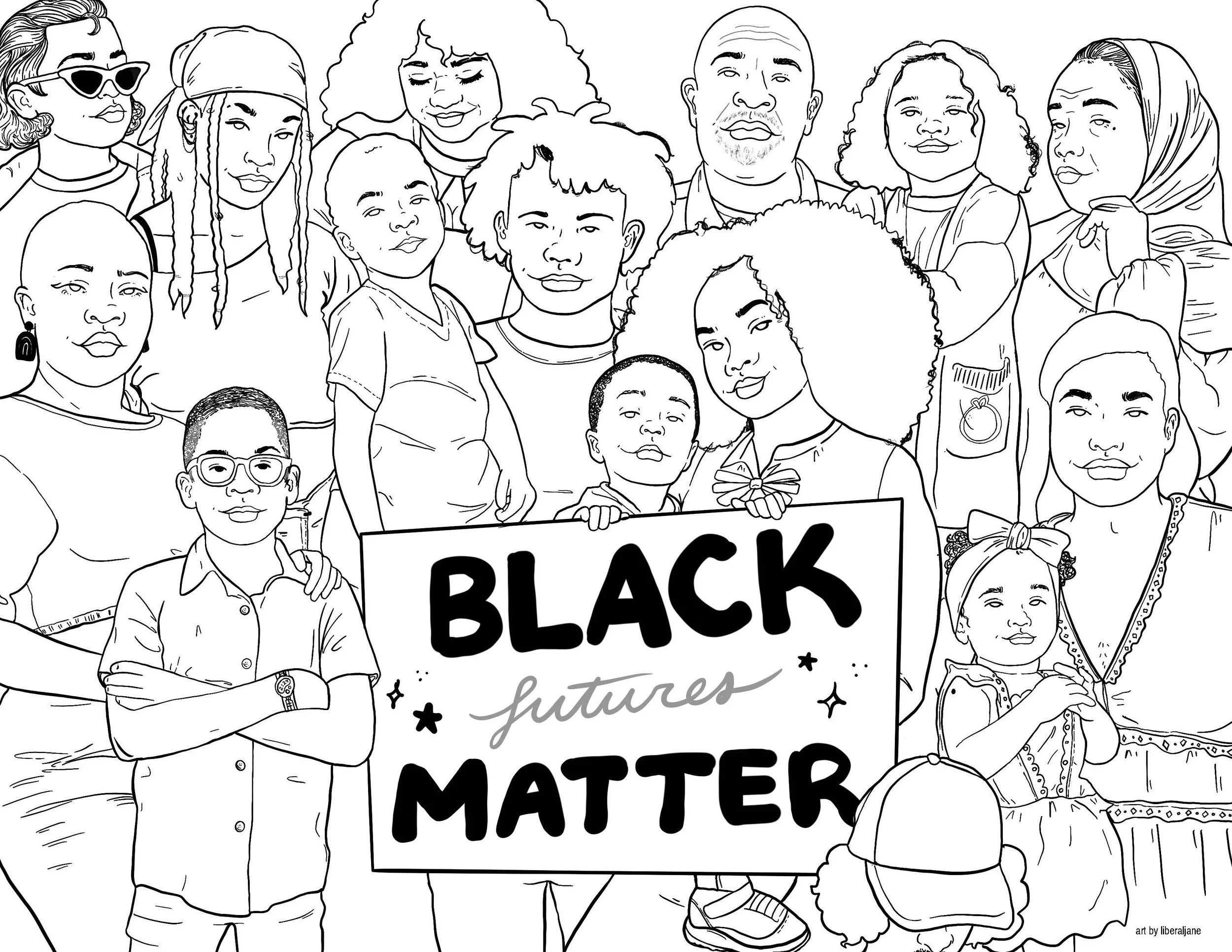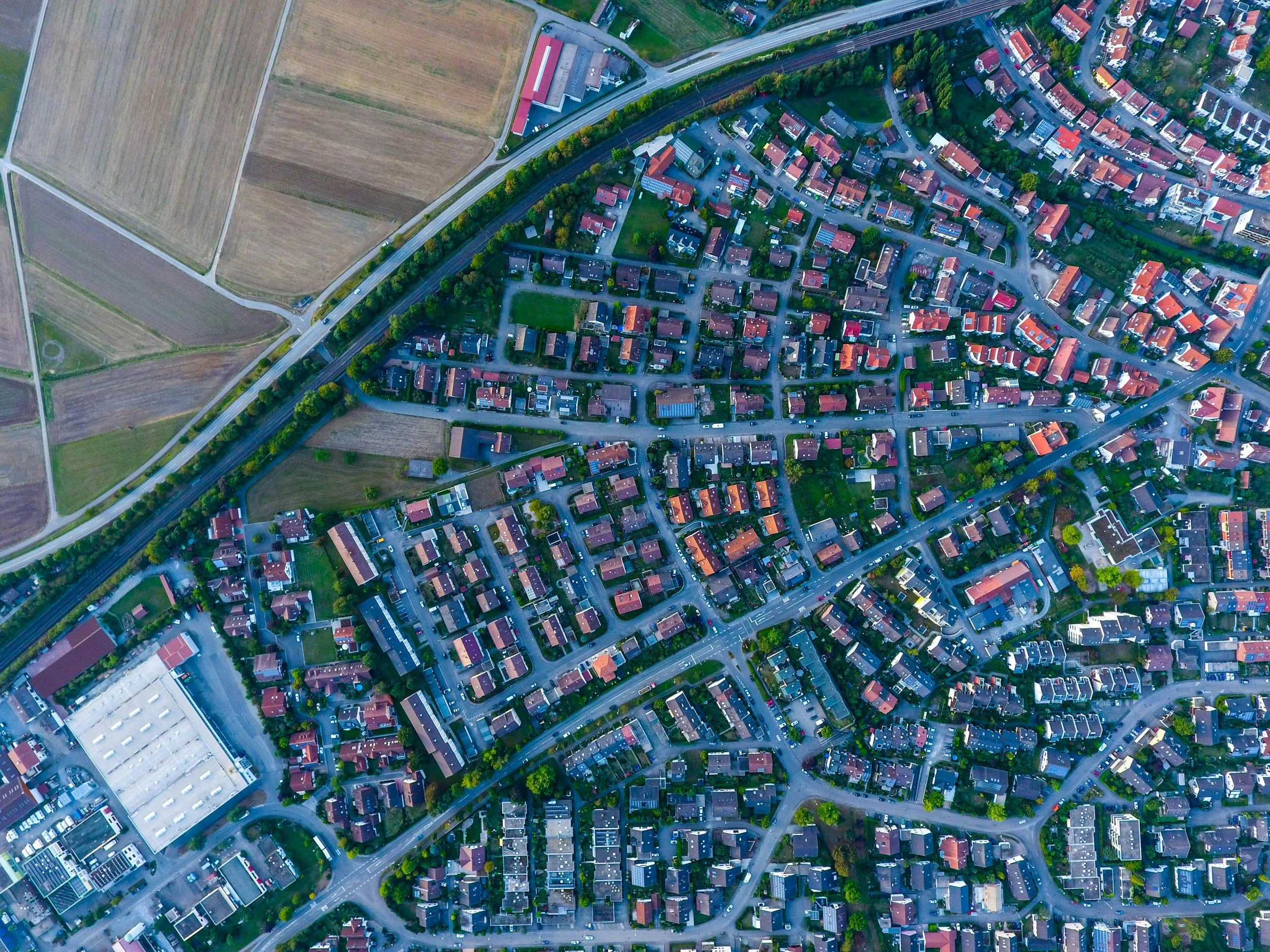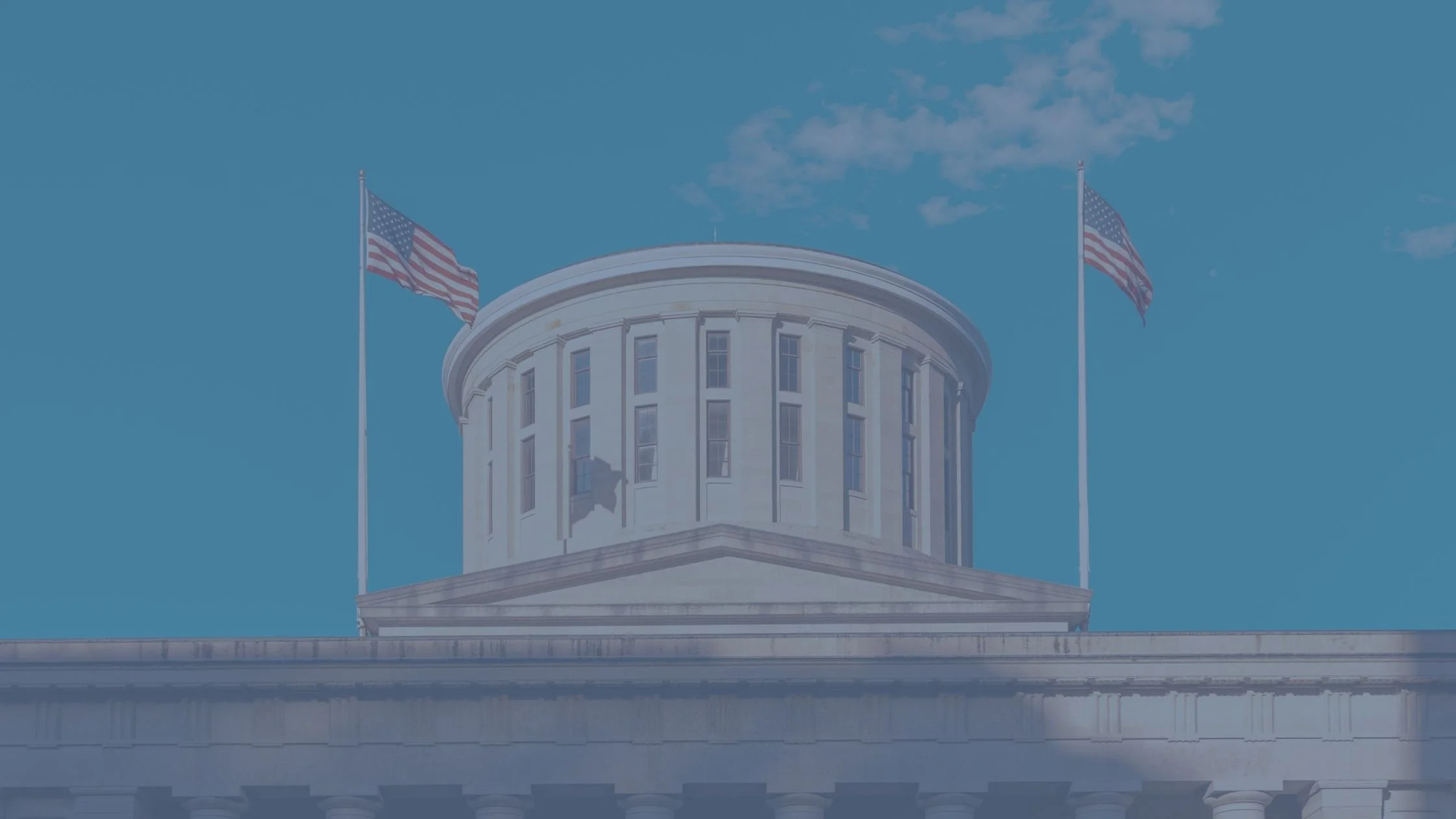Fair Shake Environmental Legal Services is excited to be celebrating the completion of our inaugural Equal Justice Works Fellow’s project. Brooke Christy joined our team with the goal of providing direct representation to tenants experiencing lead exposure while collaborating with community organizations dedicated to the prevention and remediation of lead exposure within the Appalachian Basin. Our team worked in collaboration with Brooke to develop this project after she completed an internship with our organization.
Changing the System for Environmental Justice: Fair Shake’s Role in Keeping Pittsburgh Water Public
How Can We Help You?
As environmental justice and law nonprofit, we are excited to support systems-change that strengthen environmental justice outcomes. This can include:
Building Connections
Legal “Translation” + Bridging Information
Researching, Strategizing, and Educating about Legal and Policy Levers
Drafting Generalized Legal and Policy Templates
Engaging Community and Amplifying Issues
We can provide any of this support to nonprofits, coalitions, residents, and municipalities at no-cost. Please reach out today and let’s get to work.
Keep Pittsburgh Water Public–Using Your Voice in the May 20th Election
What is the ballot referendum?
On May 20th, Pittsburgh voters will get to decide whether they want to keep their water systems public. The question will be displayed on the ballot as follows:
“Shall the Pittsburgh Home Rule Charter be amended and supplemented by adding a new Article 11: RIGHT TO PUBLIC OWNERSHIP OF POTABLE WATER SYSTEMS, WASTEWATER SYSTEM, AND STORM SEWER SYSTEMS, which restricts the lease and/or sale of the City’s water and sewer system to private entities?”
Voting YES is a vote for public water. Voting YES would add an amendment to the Pittsburgh Home Rule Charter and protect our water systems from privatization.
Tips for Navigating an Election Year as a 501(c)(3) Nonprofit
Environmental Justice Advisory Boards - A Scorecard for States
An Environmental Justice Advisory Board (EJAB) is a group that advises government agencies on issues related to environmental justice, ensuring that policies and actions address the needs and concerns of marginalized communities disproportionately affected by environmental harms. These boards play a crucial role in promoting fair treatment and meaningful involvement of all people, regardless of race or income, in environmental decision-making processes.
















